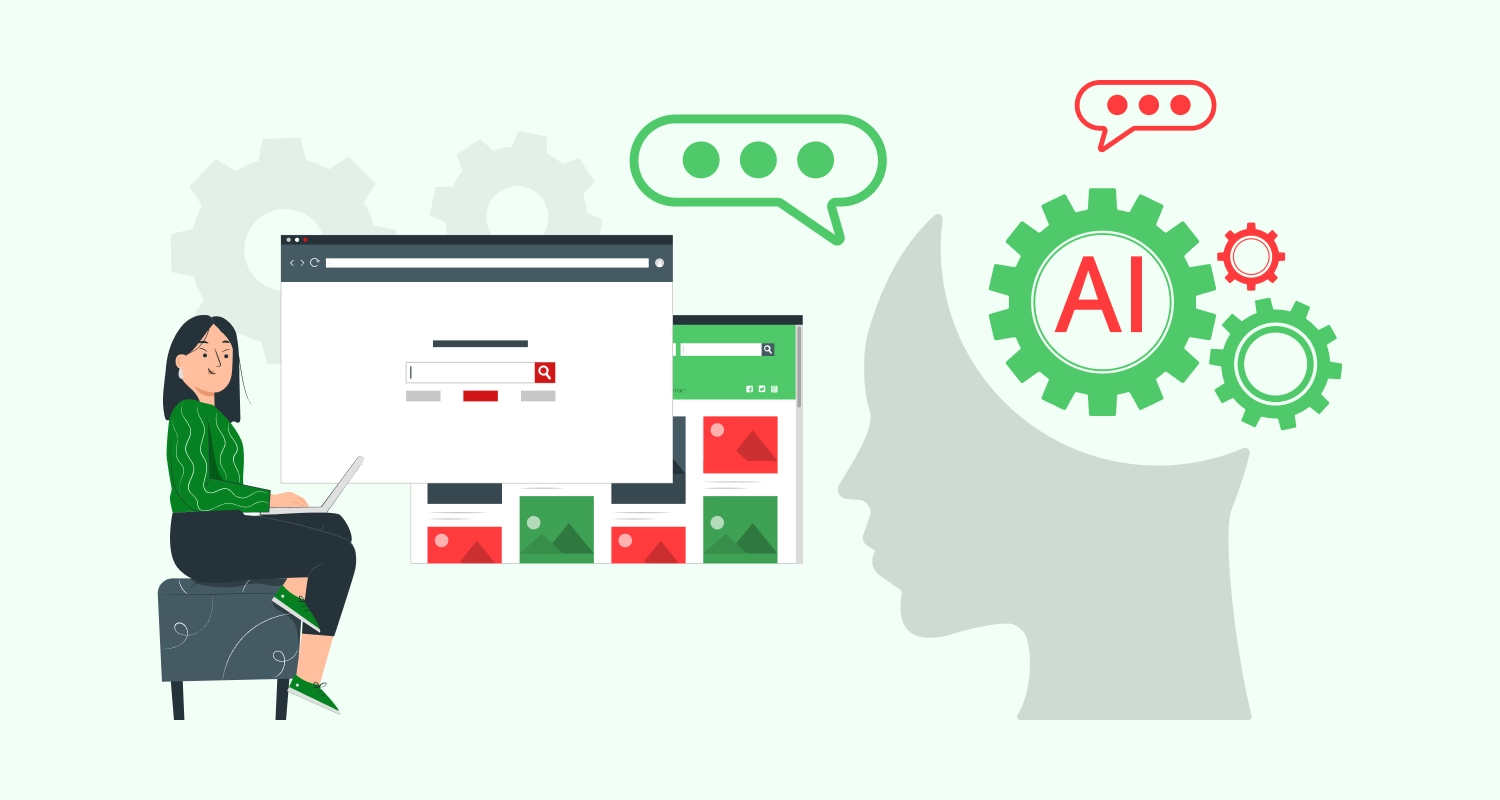Data science is continuing to gain traction as a field over the past several years and is now an intrinsic aspect of business strategy for many leading companies around the globe. With the changes in enterprise data science, new and innovative tools for data scientists are also emerging to help to solve complex problems. There are Data Science tools for diverse purposes like building models, high-value customer retention and effective product recommendation and above all, custom app development.
Unlike the proprietary data science solutions that were most popular across enterprises, now open source projects such as TensorFlow and Spark are becoming more popular. Actually these open source data science tools open up endless opportunities for collaboration.
How Open Source Became De-facto Standard for Data Science?
Data science as it exists now is now unthinkable without the open-source software. Obviously, the coming of Apache Hadoop as a leading framework for data processing helped change the game altogether. These tools basically helped companies dealing with complex data that could not be done earlier because of constraints like cost, storage, processing and analysis to be done in proprietary data environments. Apache Hadoop and Apache Spark framework with its in-memory data processing capability and an array of projects pertaining to data processing and machine learning completely changed the game.
Let us have a look at some of the key advantages of Open Source Data Science projects and tools.
Open-Source Culture
Programmers and data scientists univocally prefer open-source languages because if the robust scope of innovation based on collaboration. The popularity of R and Python in recent years is proof of this. Open-source tool development has ensured a culture of collaboration to foster innovation in a collective way. In fact open-source solutions have played a central role in incorporating new data science capabilities to the existing platforms. Moreover, open-source is a culture that has its roots in academia and research and the academic strength can always ensure validation.
Unhindered Innovation
The collaborative development offering great pace helps to nurture innovative capabilities in a better way than the traditional development with constraints of the proprietary boundary. The open-source platforms help enterprises capitalizing on advanced technology and systems. Most importantly, by being freely available open-source software is able to gain traction with large communities and thus creates chances for more people to take part in innovation.
Free and Freely Available
Open-source software helps enterprises to start working with Data Science projects without making any big investment through up-front support or cost of licensing. Thus open-source data science can play a great role in making AI and machine learning-based projects that are economically viable. Moreover, it is easier to employ experienced professionals with their open-source background since many such open source languages like R are taught in IT schools.
Better Licensing and Support
Open-source software products can easily be customized and the same rule goes to open-source data science projects. This allows even individuals to take care of proper version-control and corresponding endeavours for maintenance. This becomes extremely easier from the maintenance point of view as and when the software is used by big enterprise teams en masse.
Open Source Data Science Tools for Custom Software Development
Do you want to know about some of the most commonly recommended and useful open-source data science tools? Well, here we have picked quite a few of them.
- Anaconda Distribution is the well known open-source environment for data science and Machine Learning projects based on Python. It is also widely used for testing, and training tasks. It supports single machines running on Linux, Windows, or Mac OS X.
- Apache Mahout is a well known data science tool used for collaborative filtering, data clustering, and data classification for different use cases. It works great with the Apache Spark open-source framework.
- Apache MXNet comes as a deep learning development library which is designed to boost the pace of development and deployment for big neural networks.
- Caffe is another great open-source deep learning framework which is well known for its expressive architecture that can allow developers to innovate. It is used for both research experimentation and commercial deployment.
- Chainer is a Python-based neural network framework used mainly for building deep learning models. Chainer is flexible as it supports a flexible neural network definition and accommodates dynamic changes in a neural network.
- H20 is an open-source in-memory machine learning platform which is basically used for data exploring and analyzing.
- Keras is a robust open-source neural network API based in Python that can run on TensorFlow and Cognitive Toolkit. It allows developers to conduct faster experiments at the time of prototyping deep learning models.
- TensorFlow is a robust open-source software library to help Data scientists and developers to carry out high-performance computation by using machine learning. It is also widely used for deep learning and it is designed for deployment across a variety of environments ranging from desktops, server cluster, mobile OS platforms, etc.
- The torch is another rich open-source machine learning library that also works as a computing framework and a highly capable scripting language based on the Lua. It is evident that it can be used for a variety of use cases.
- XGBoost is used for a variety of use cases including machine learning models though it was started as a gradient boosting framework for languages such as C++, Java, Python, R, etc.
Conclusion
As it is evident from the above description, open source is a key environment or enterprise data science projects now. Whether the variety of open-source tools and the extensive range of enterprise data science platforms, all of them rely on open source languages and tools. The actual challenge for the dedicated developers is to know the useful and relevant tools for a business which requires an assessment of the projects, evaluating the licensing issues, and evaluating the required skill set for the involved team








